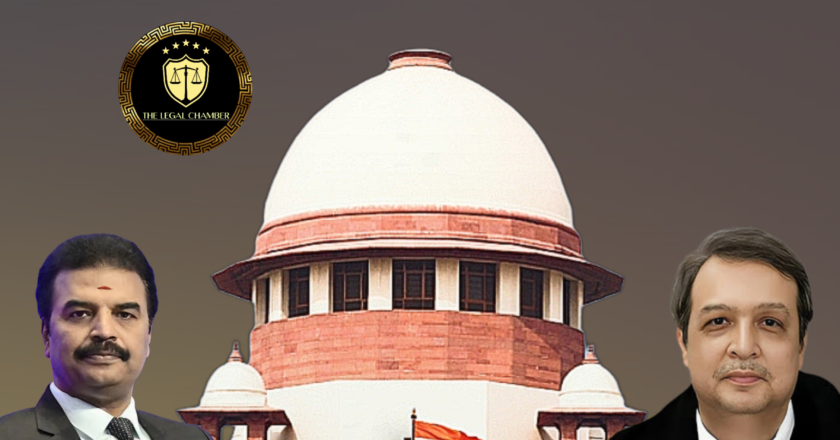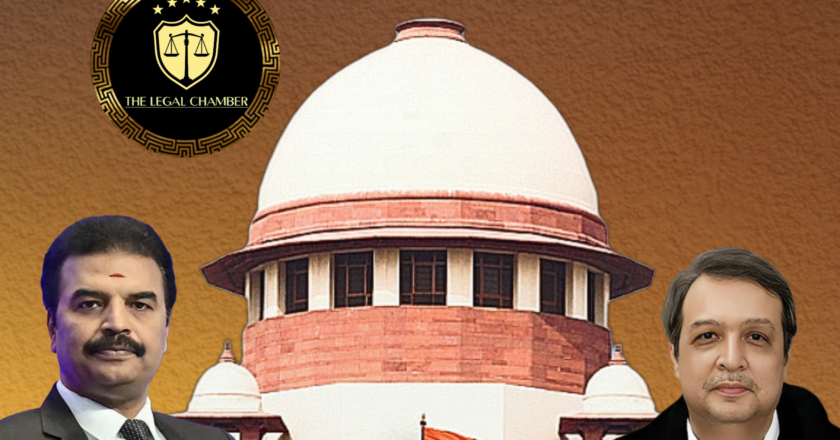Supreme Court Ruling :How Non-Disclosure of Death in Court Cases Can Backfire
The Supreme Court ruled that failure to comply with Order XXII Rule 10A CPC, which mandates lawyers to inform the court about a party's death, prevents the opposing side from claiming abatement due to non-substitution of legal heirs. The Court emphasized that no party can benefit from their own wrong (nullus commodum capere potest de injuria sua propria). It clarified that procedural lapses should not override substantive justice and remanded the case for fresh consideration, highlighting the distinction between joint and indivisible decrees in abatement cases. The judgment reinforces the duty of pleaders to ensure fair litigation.
Facts Of The Case:
The case originated from a Title Suit No. 106 of 1984 filed by the appellants (Binod Pathak & others) before the Sub-Judge, Gopalganj, ...

